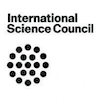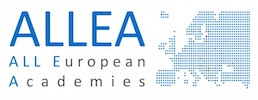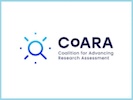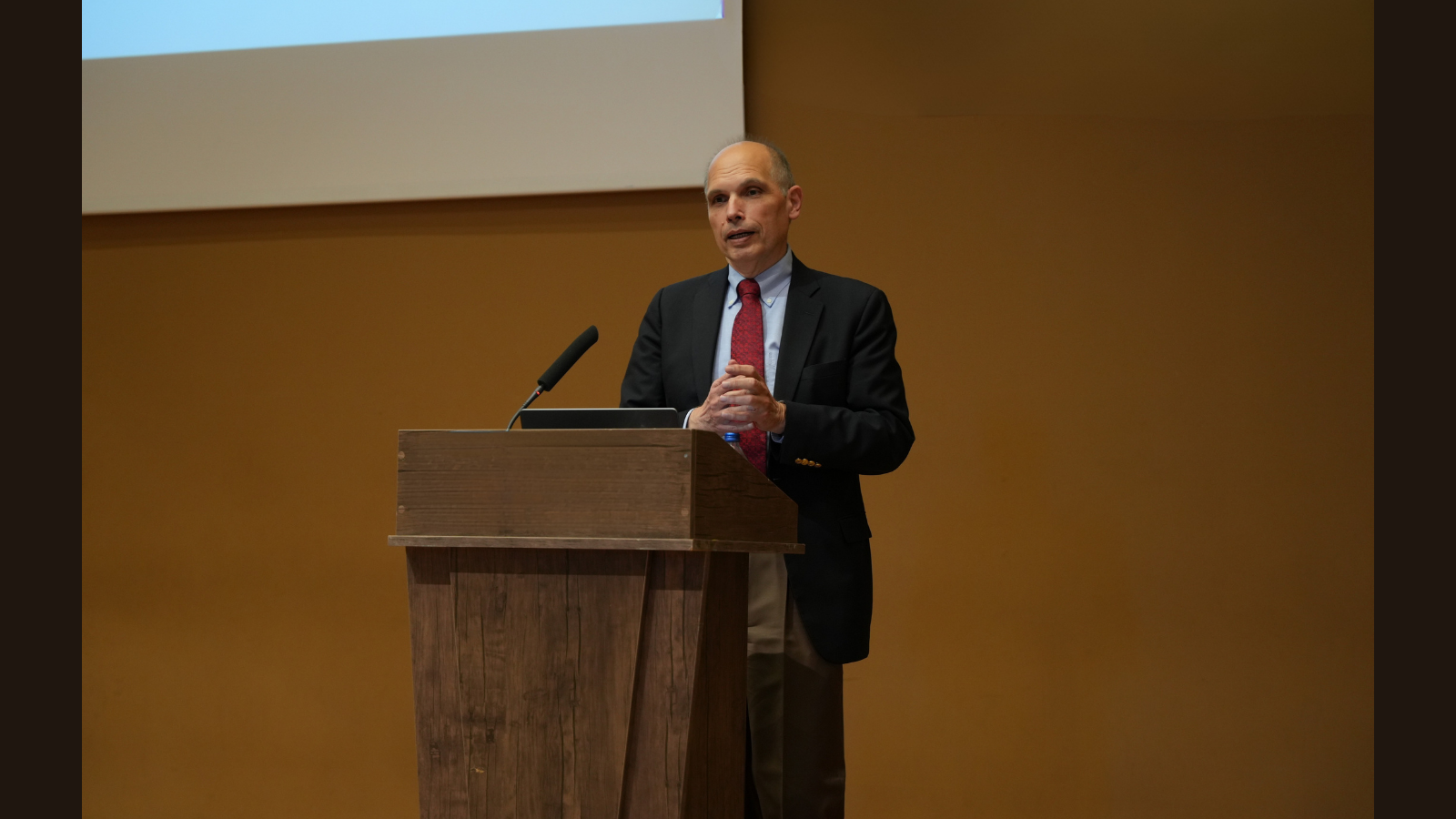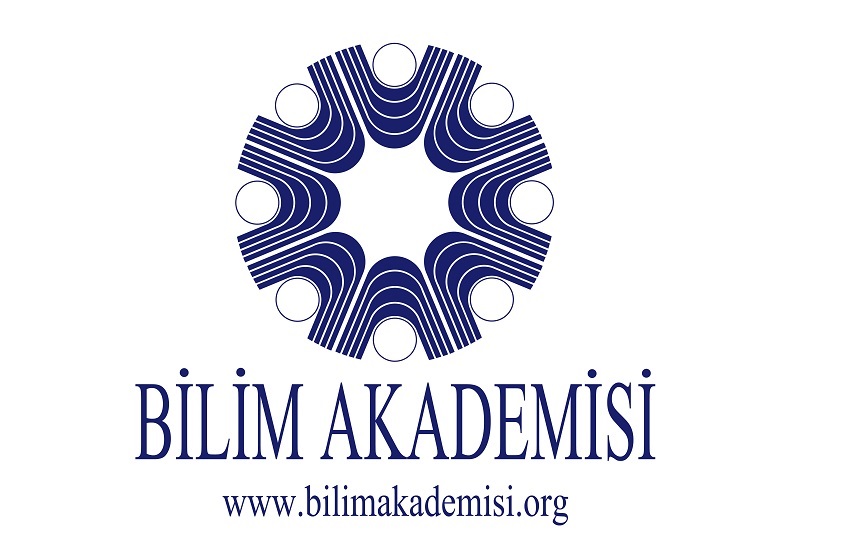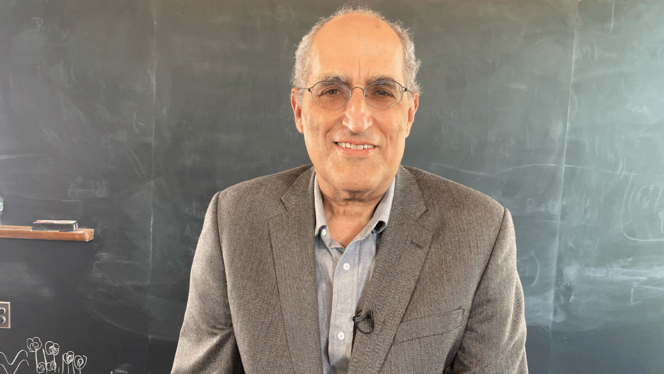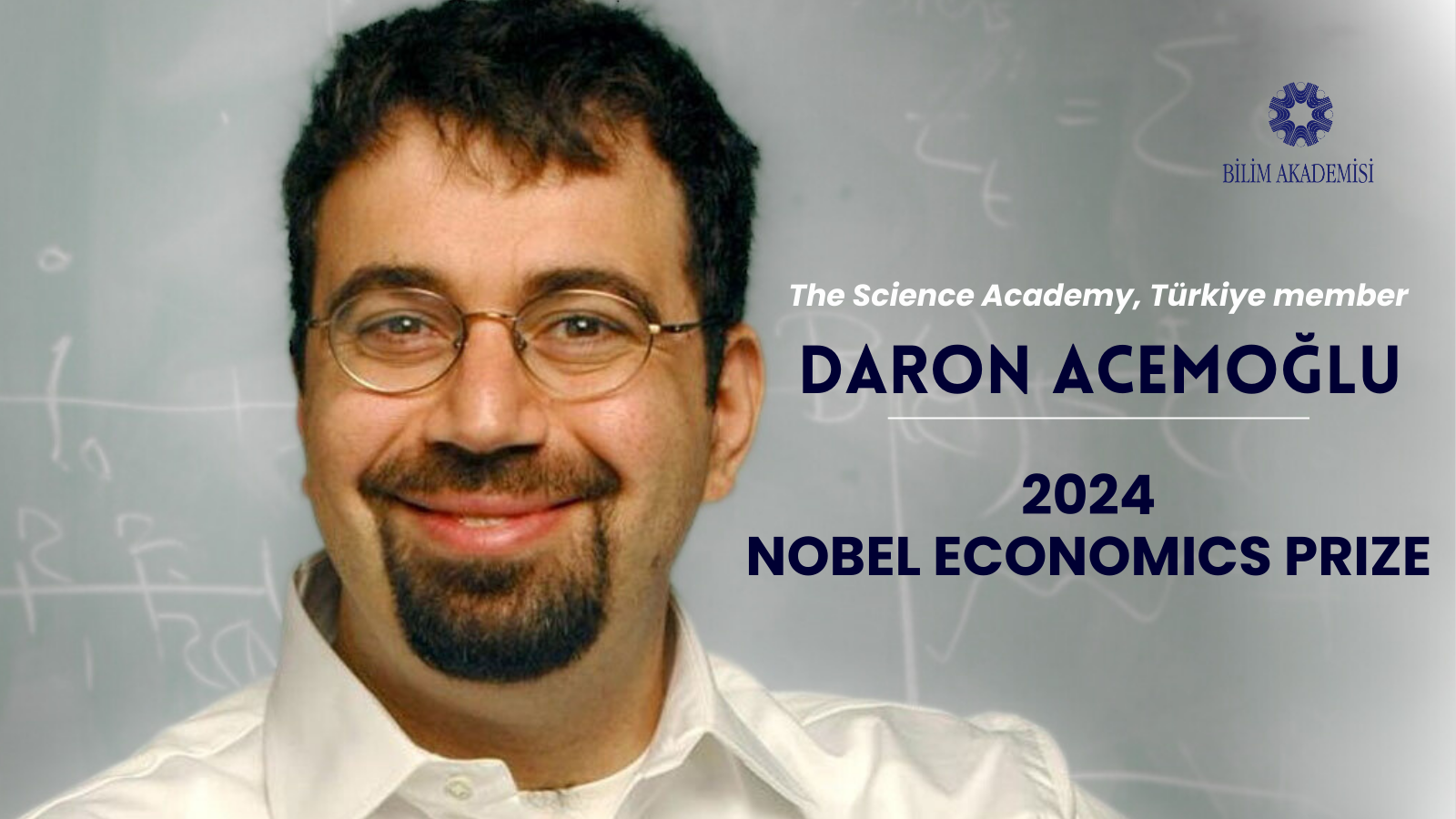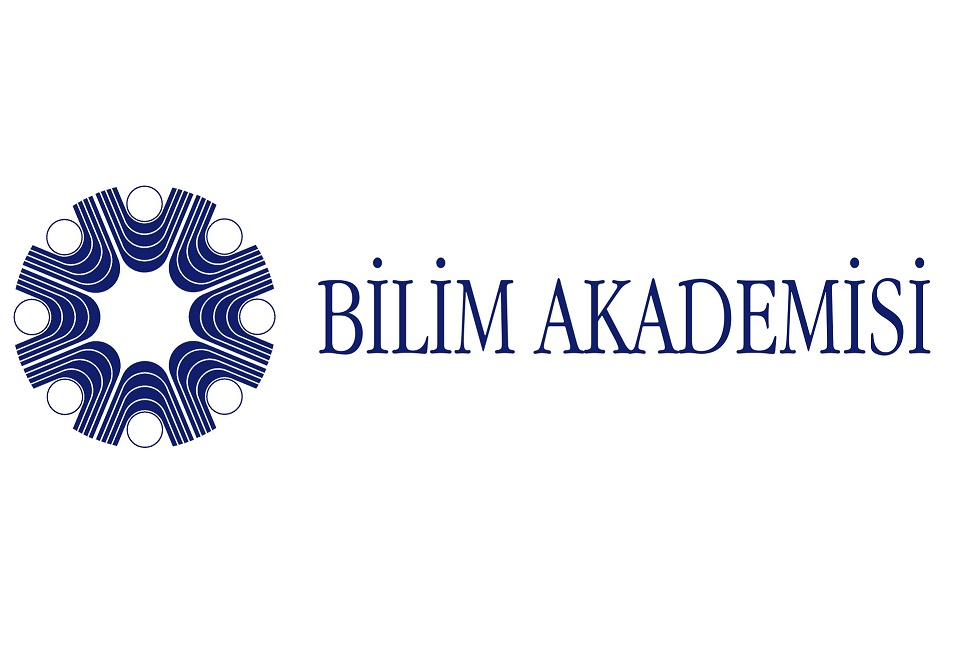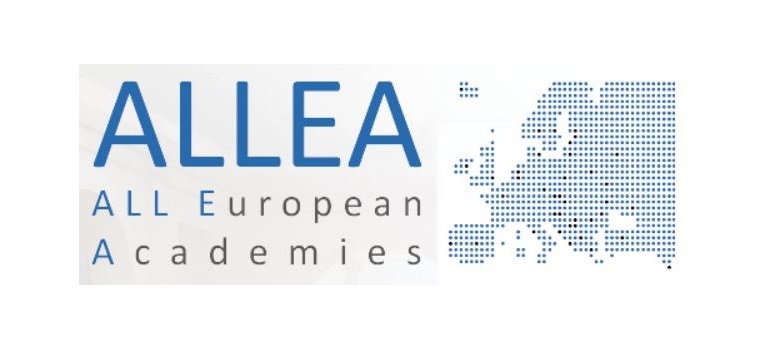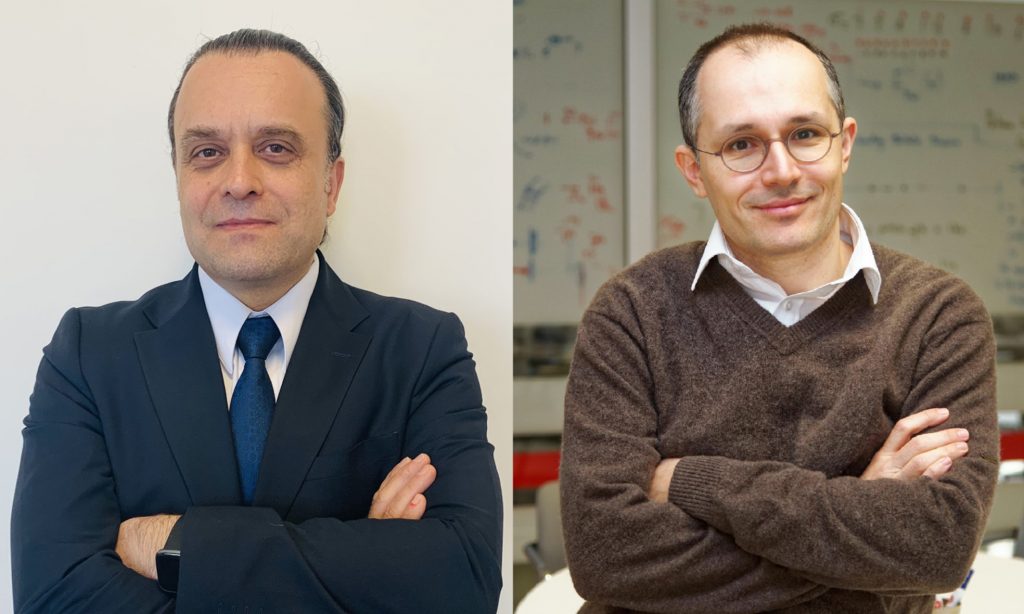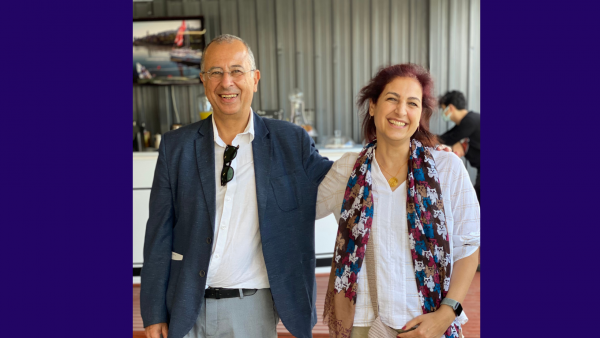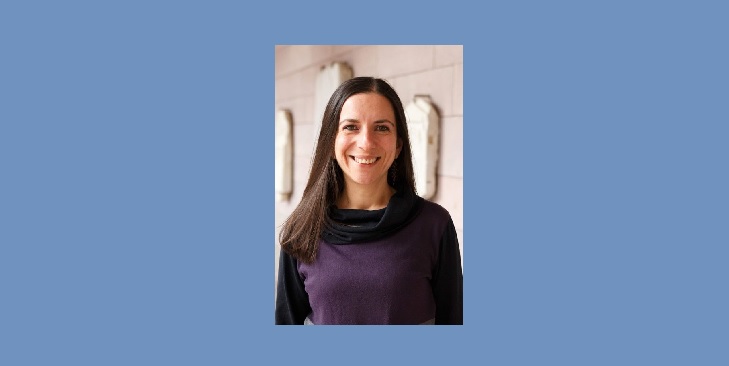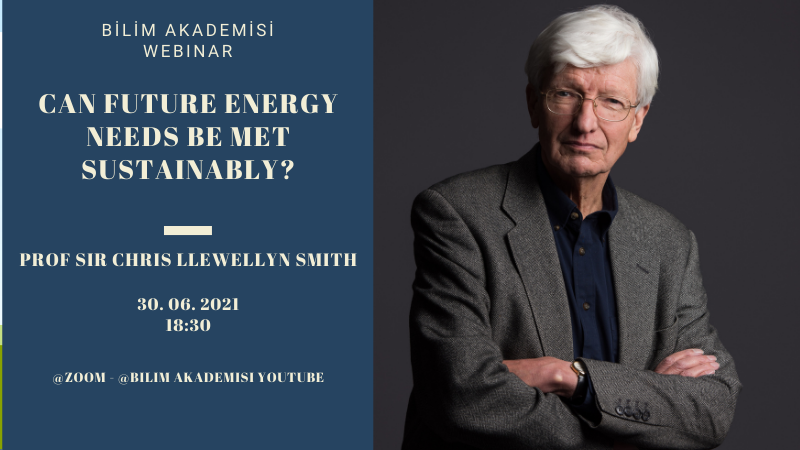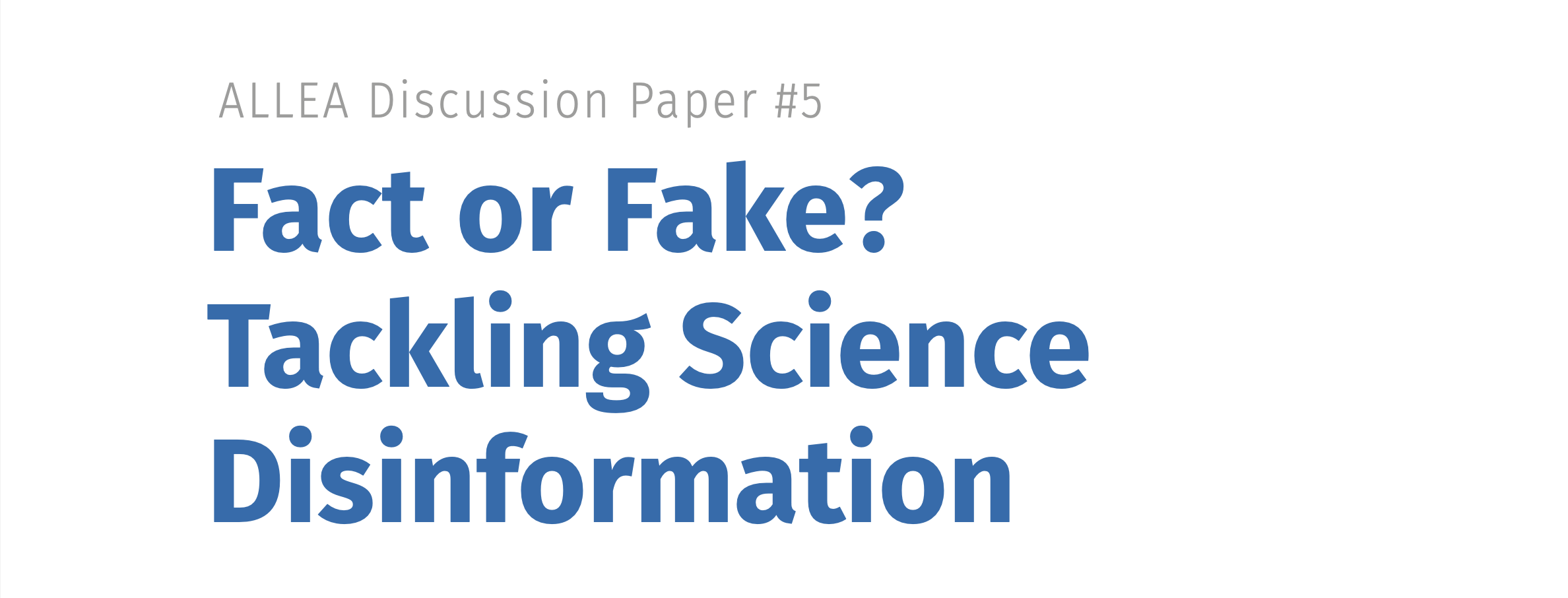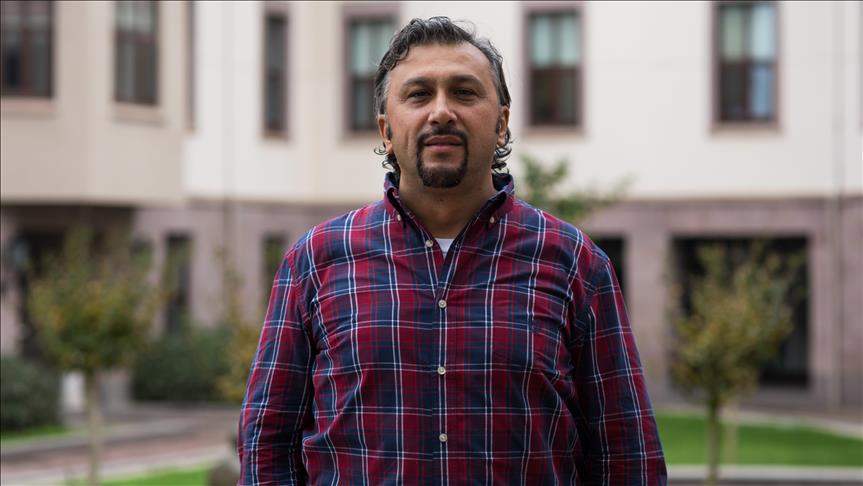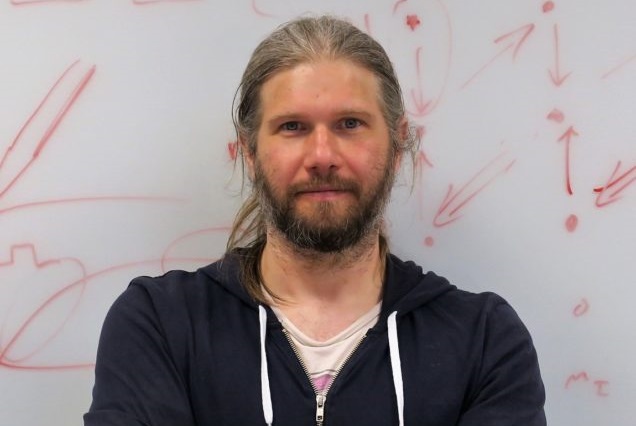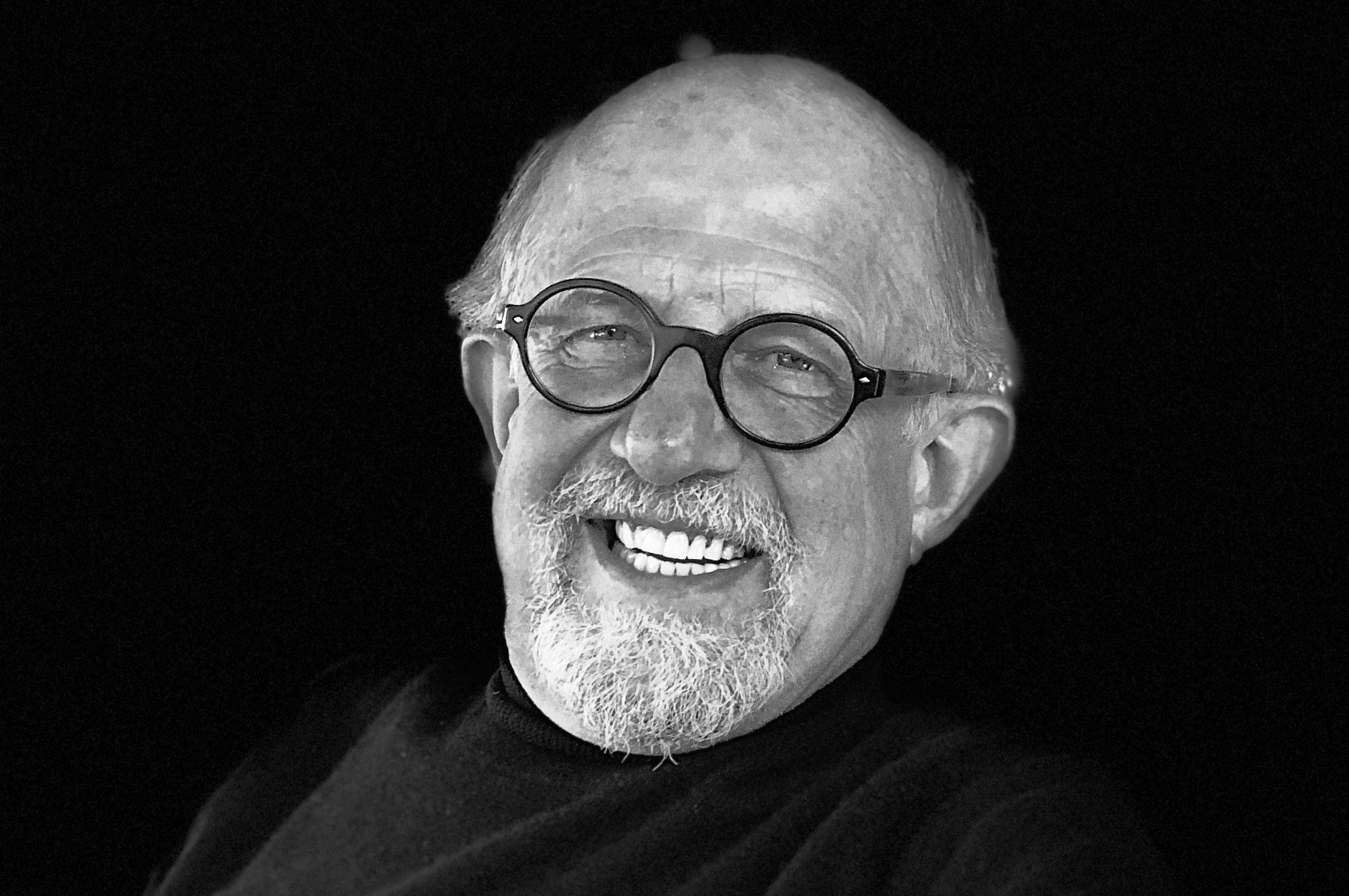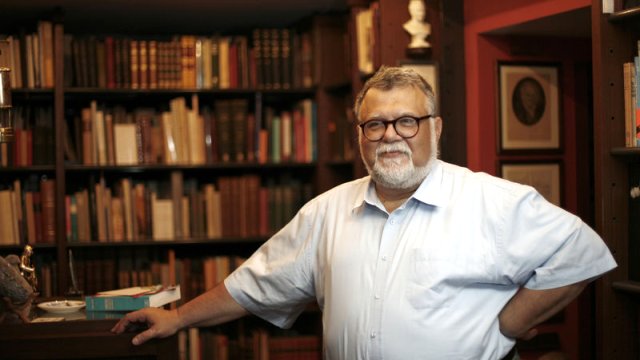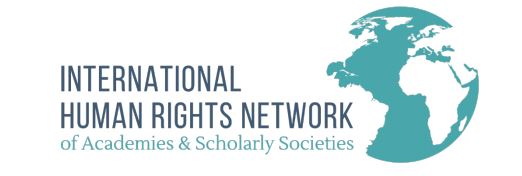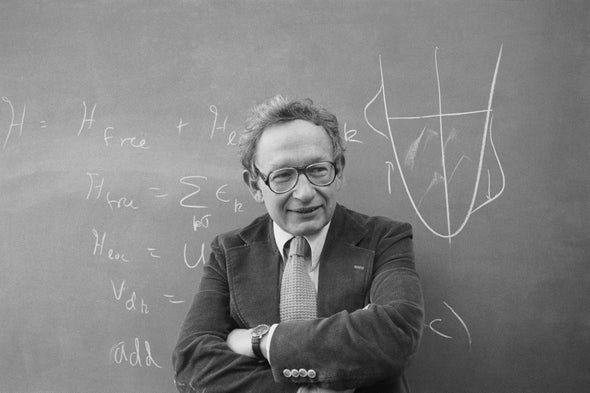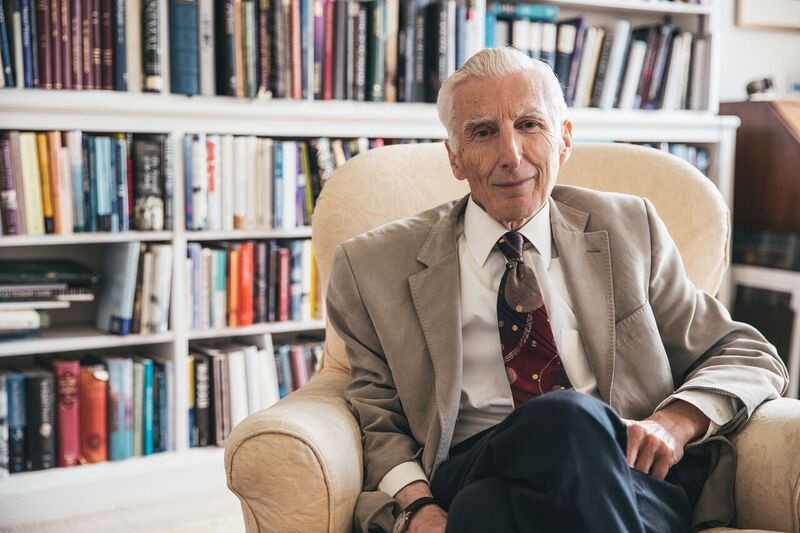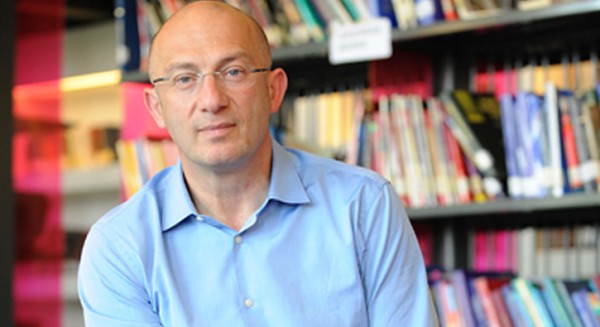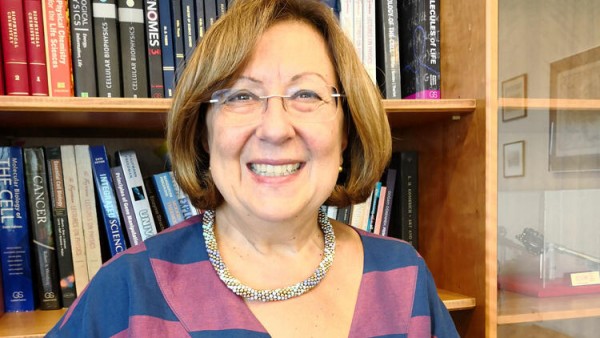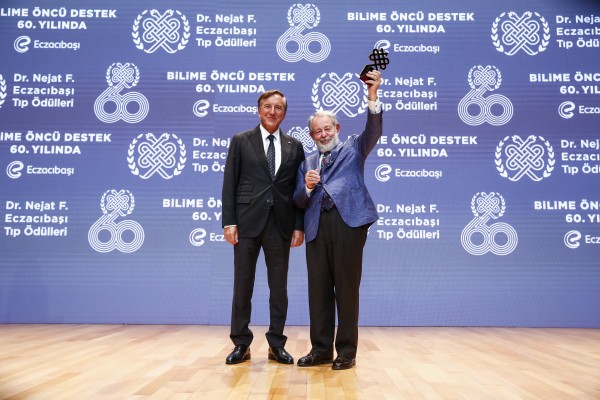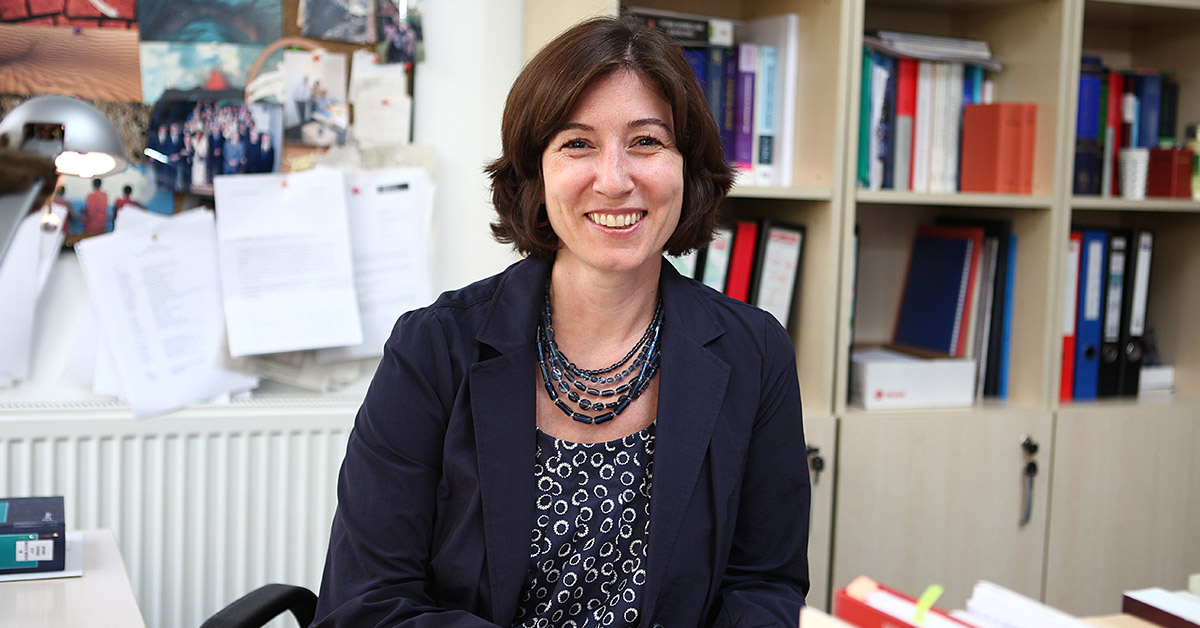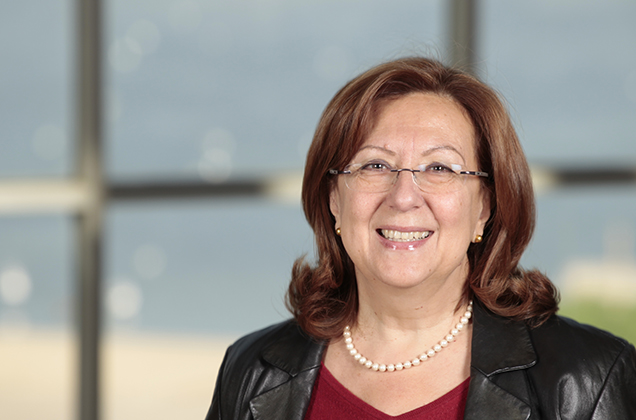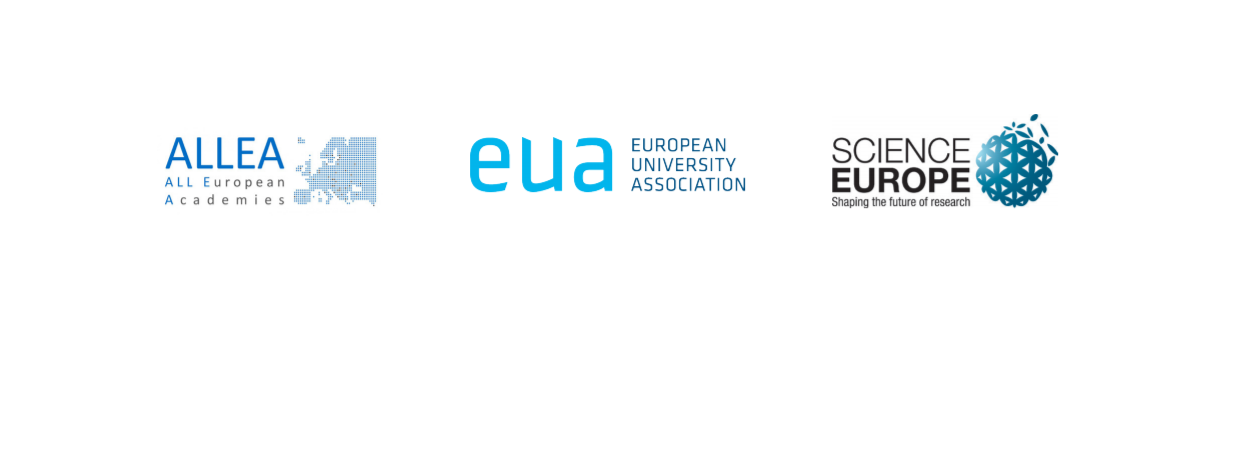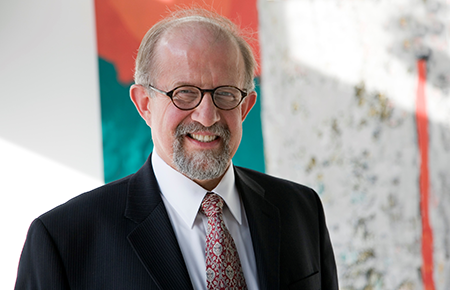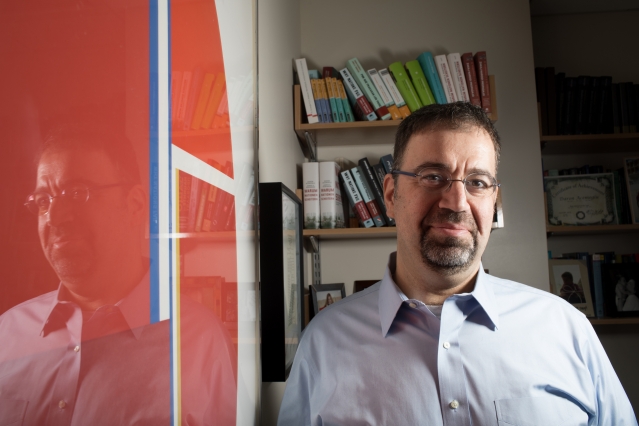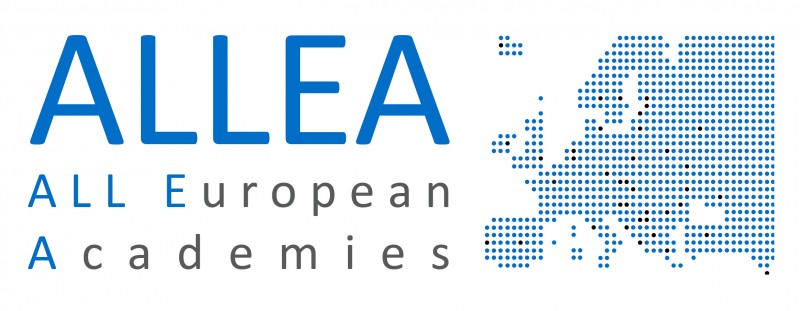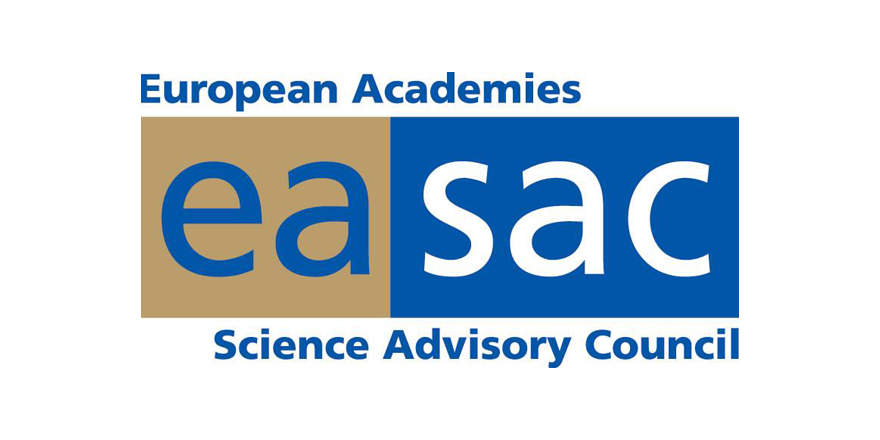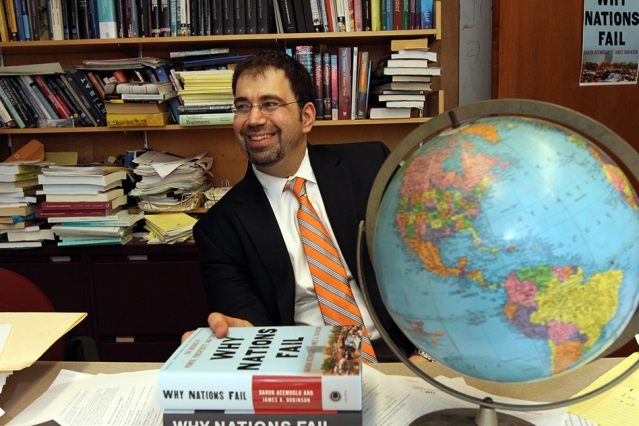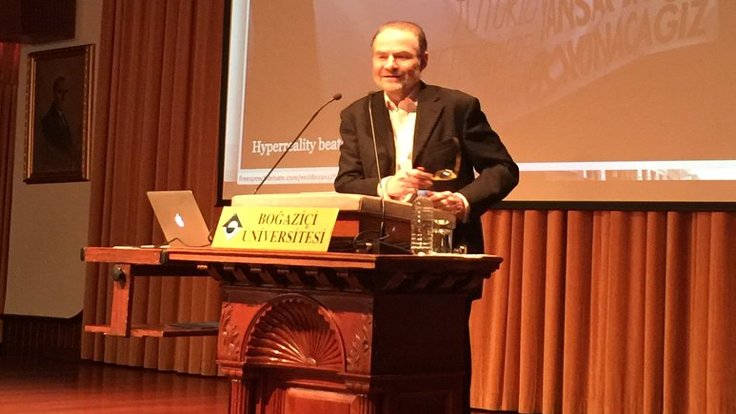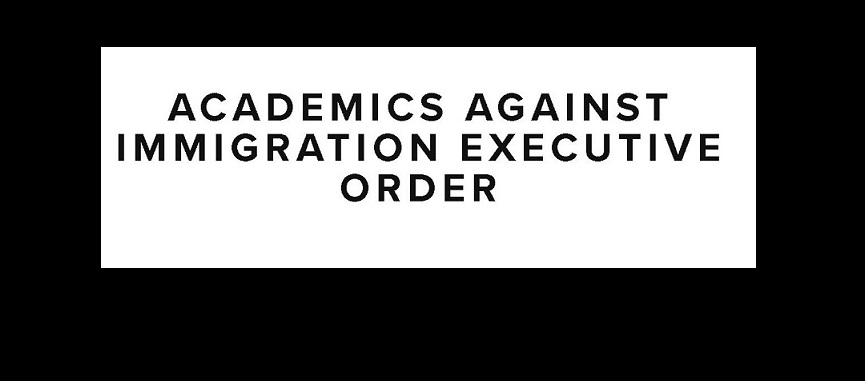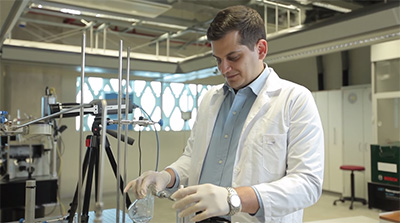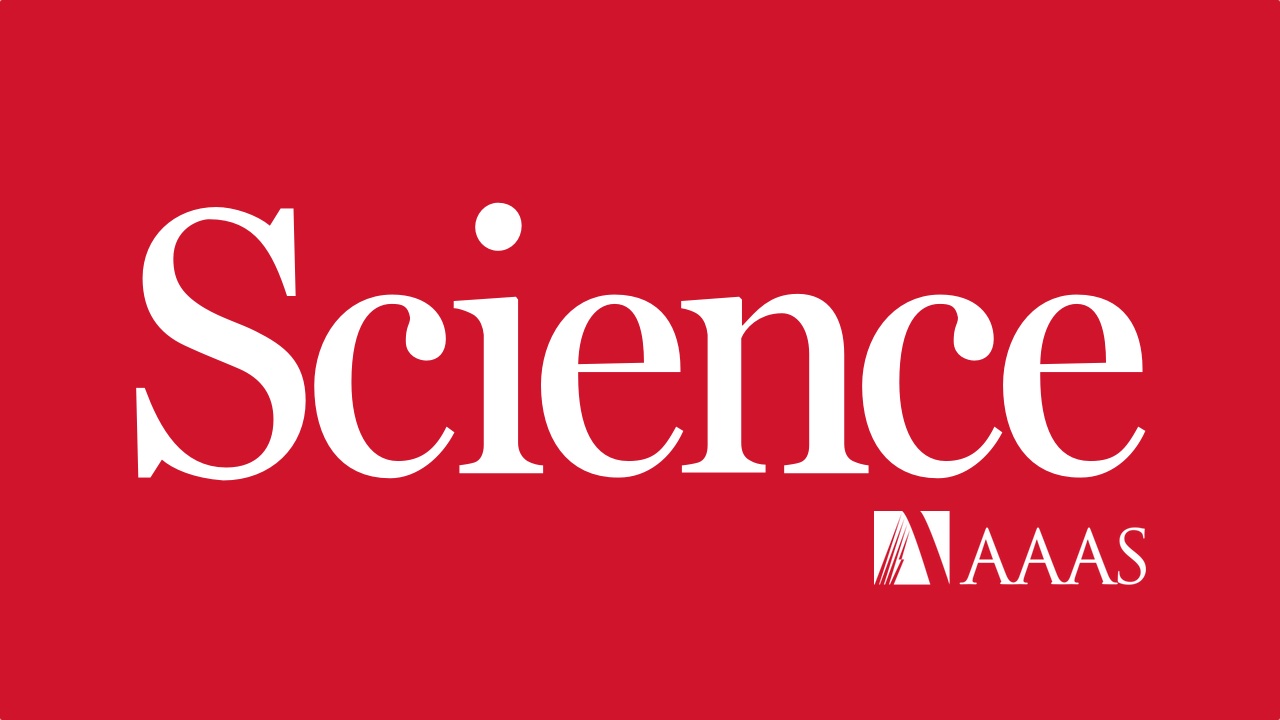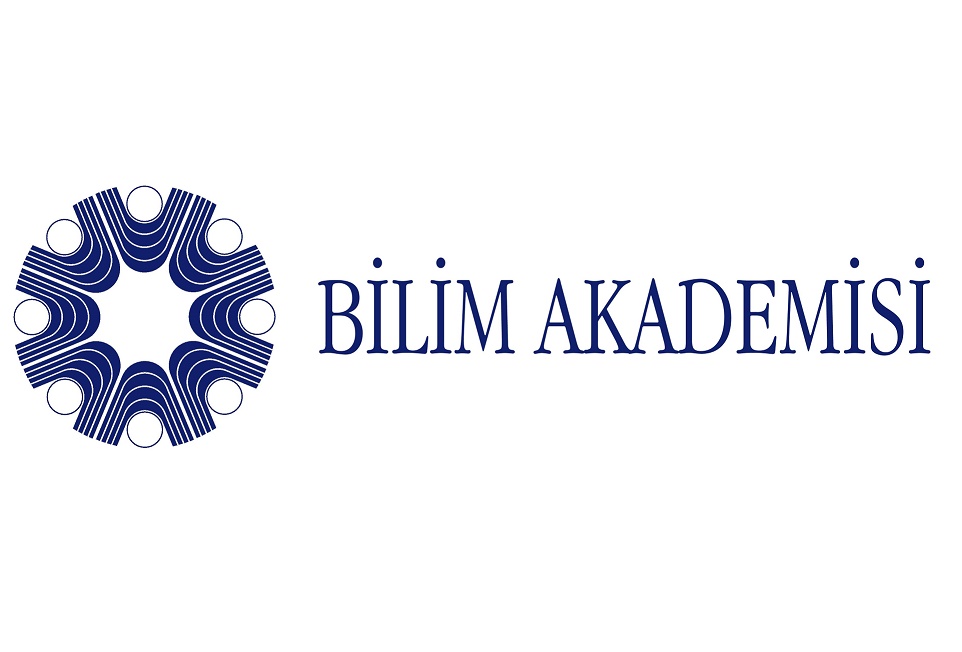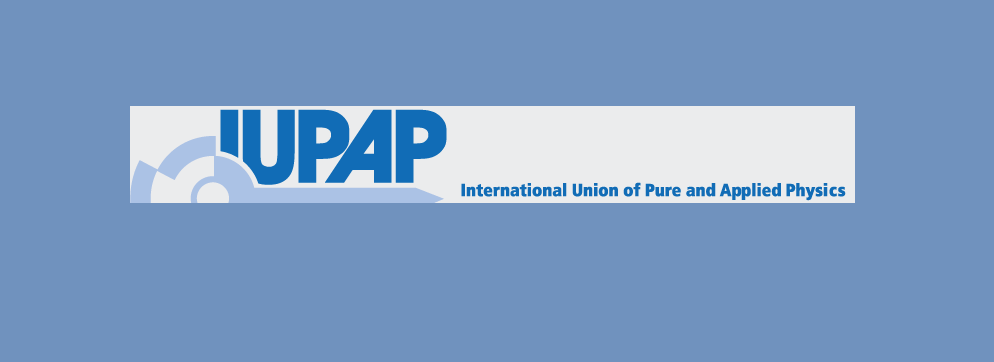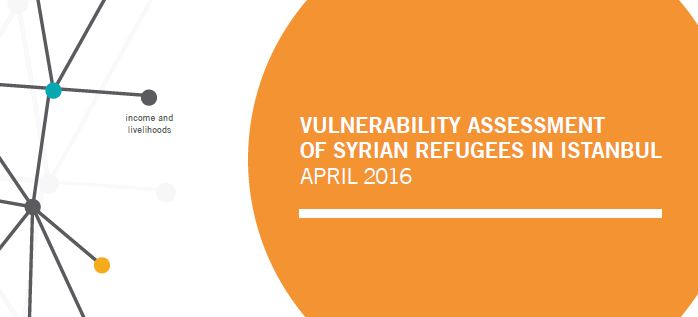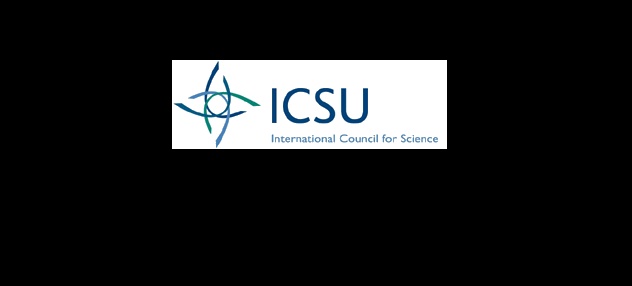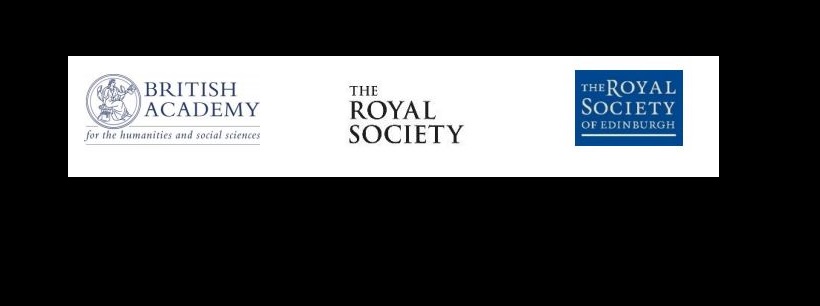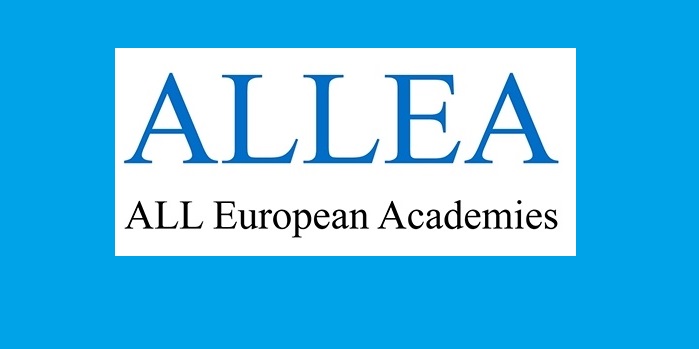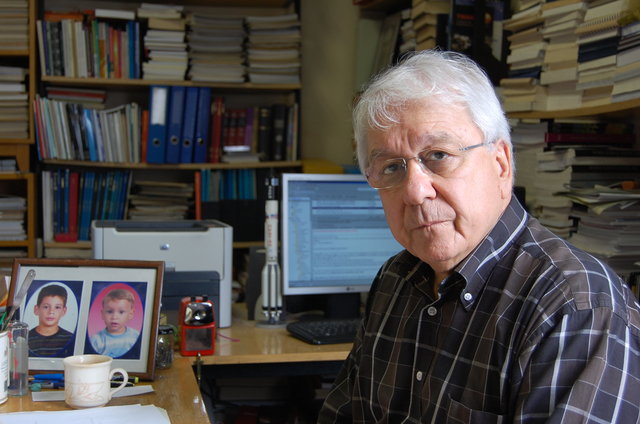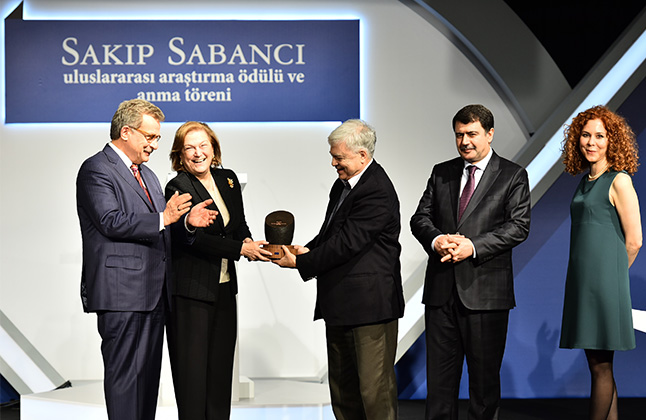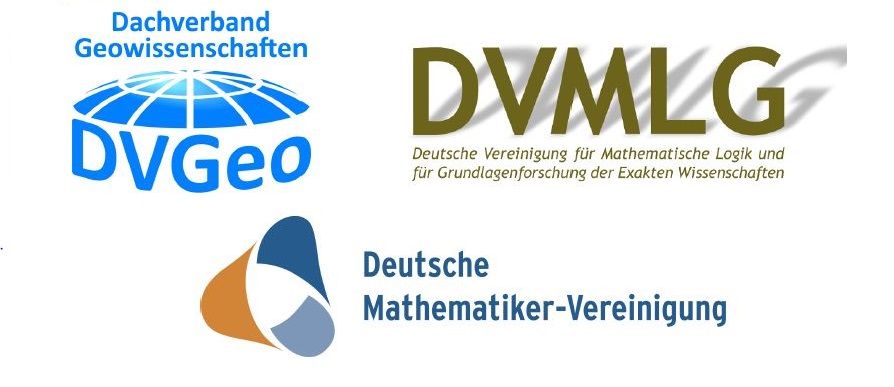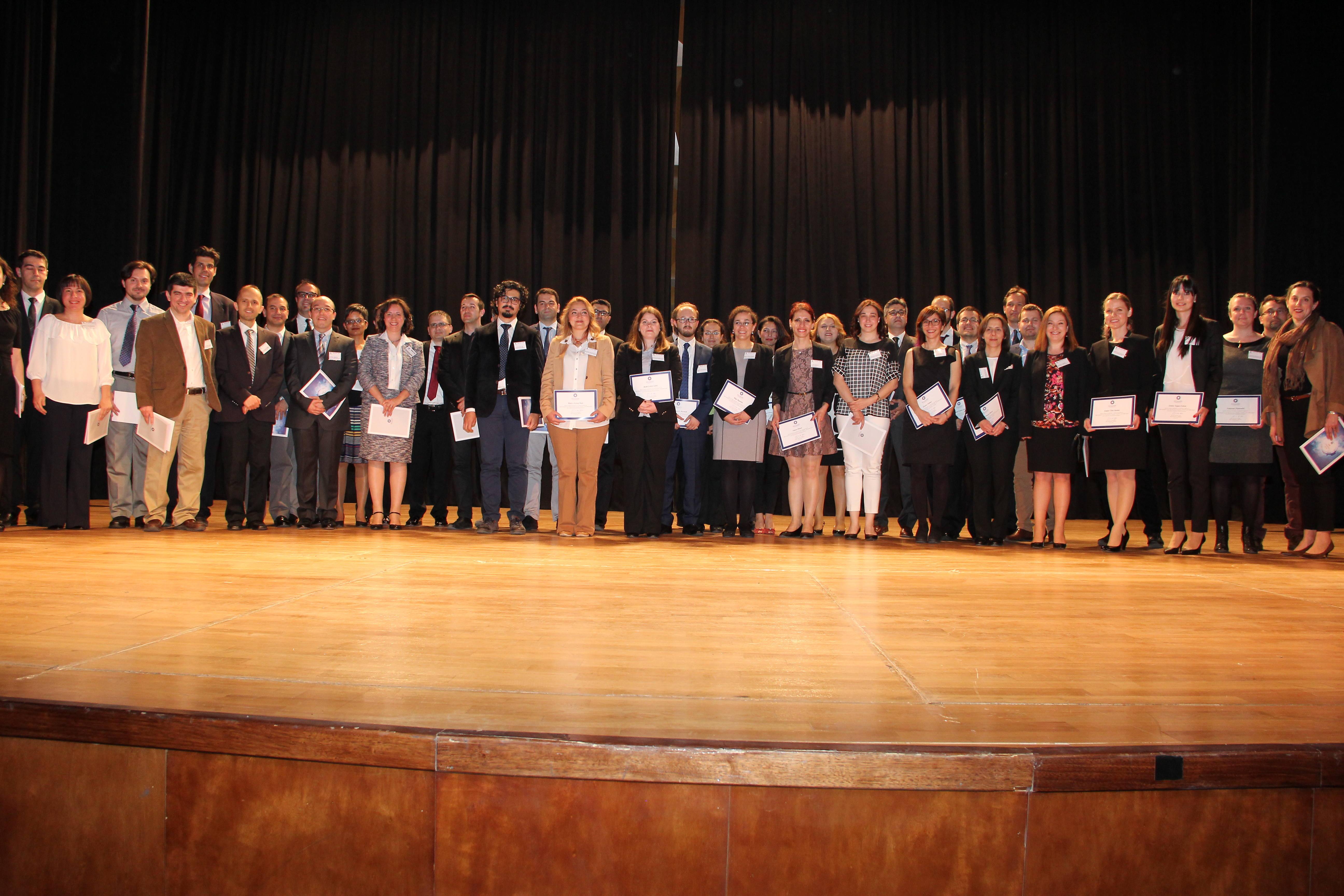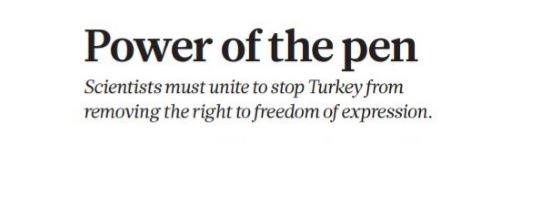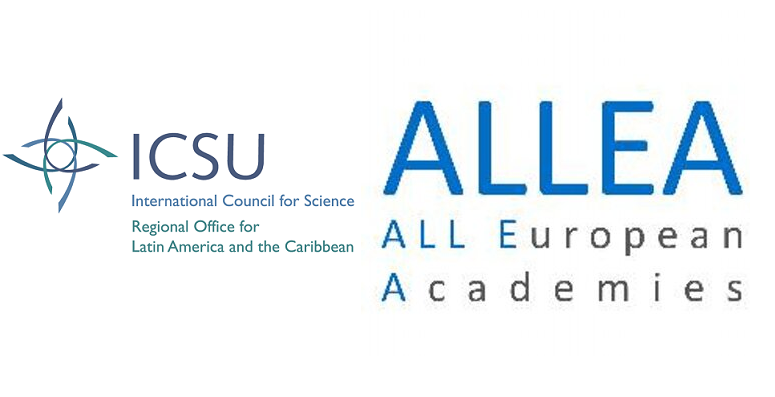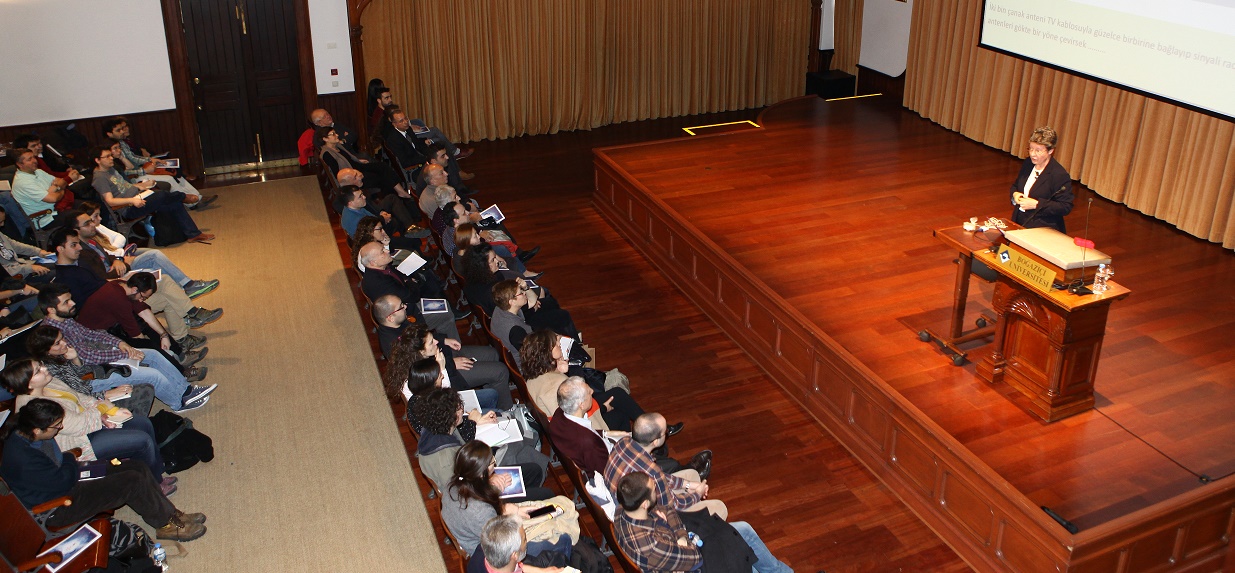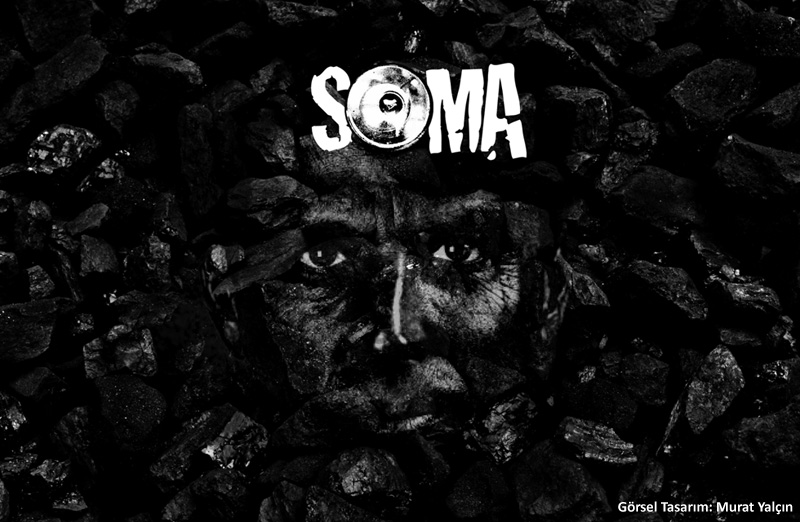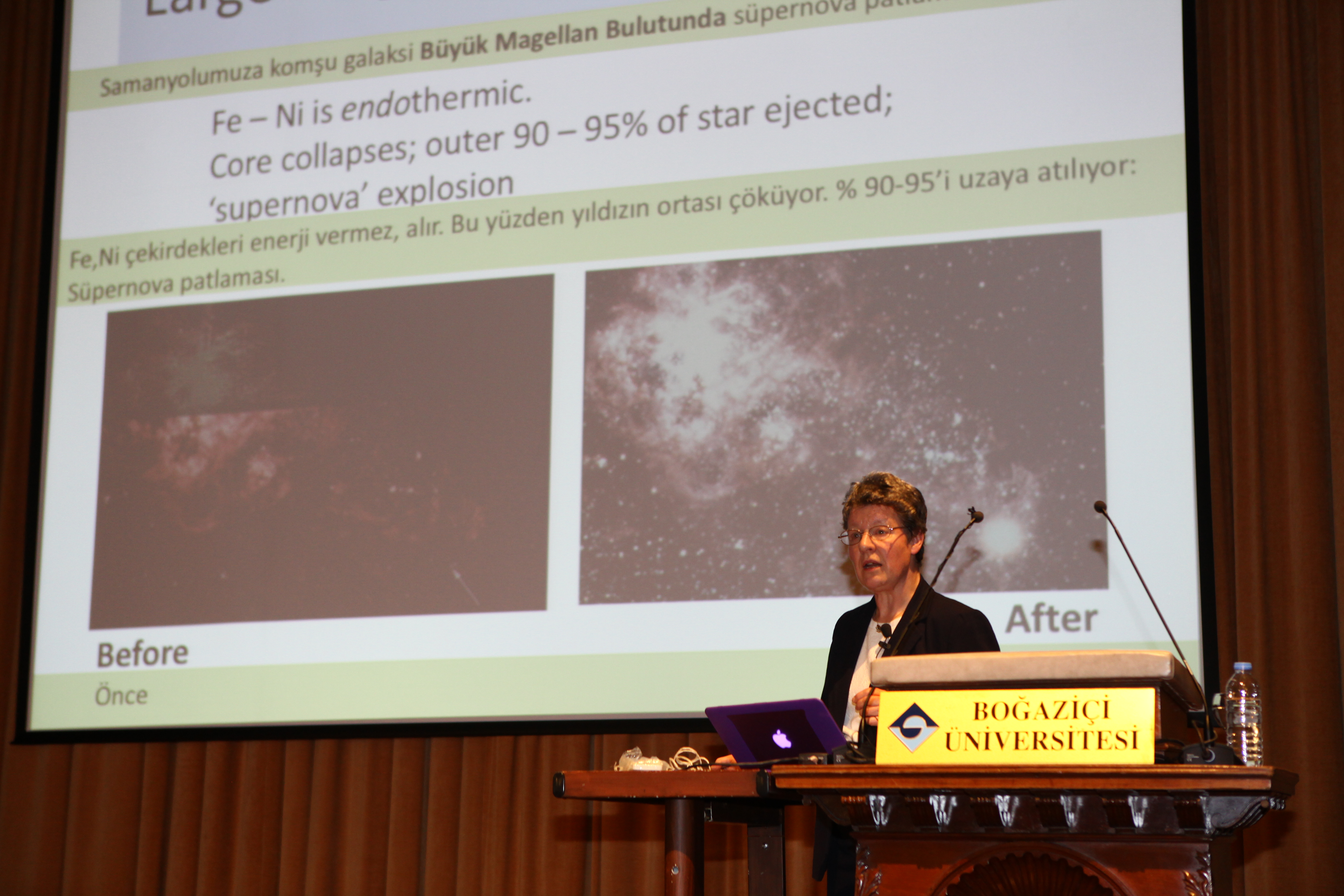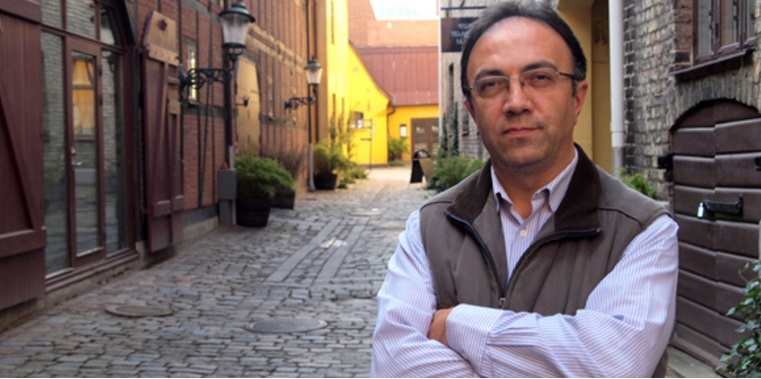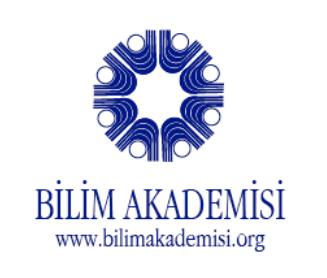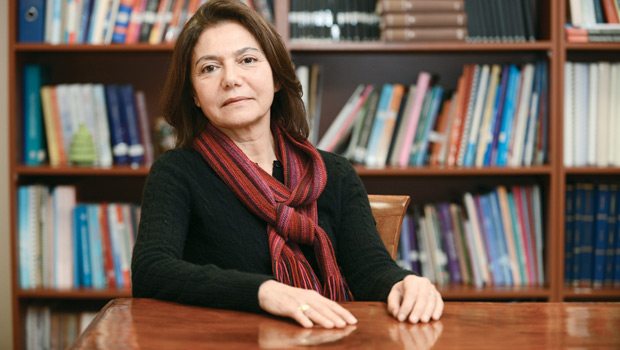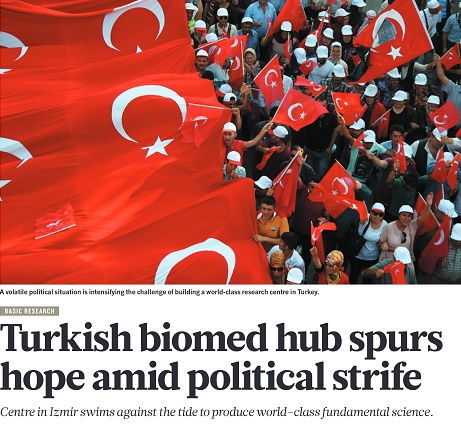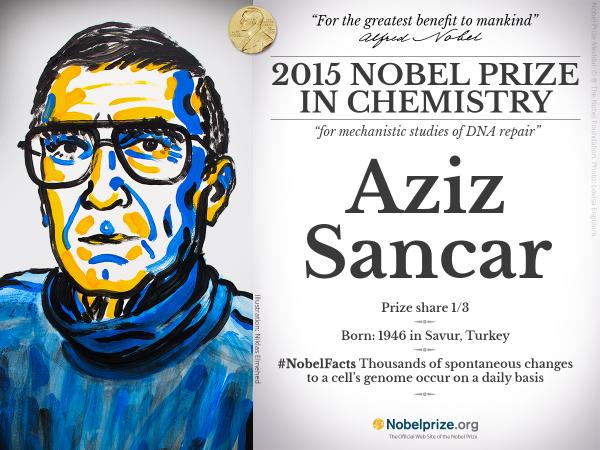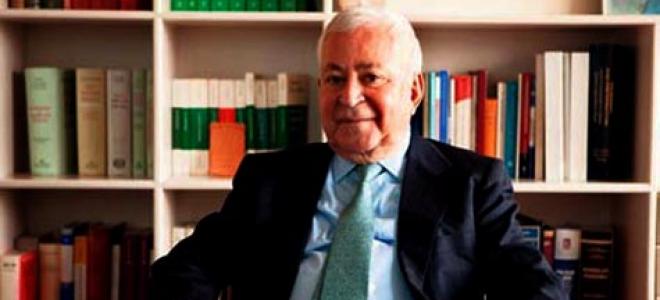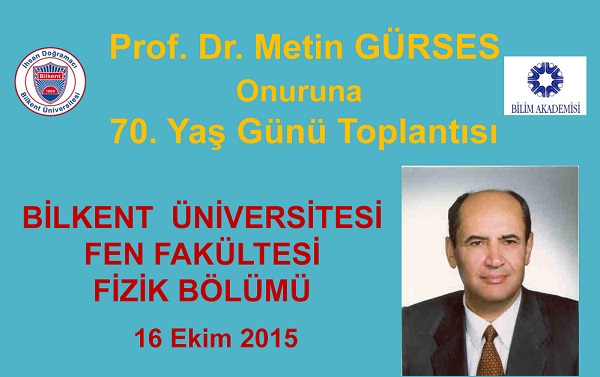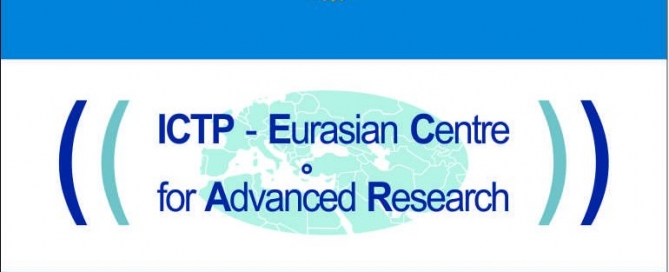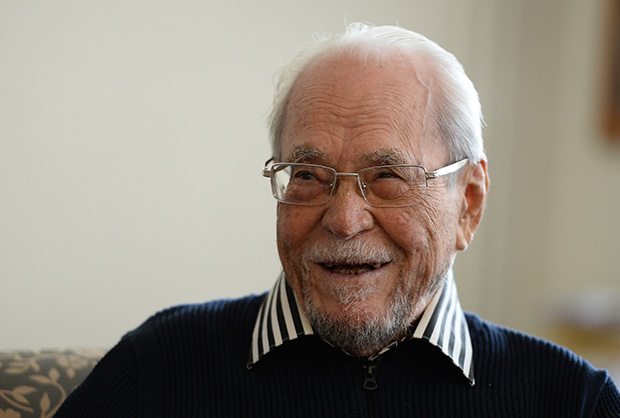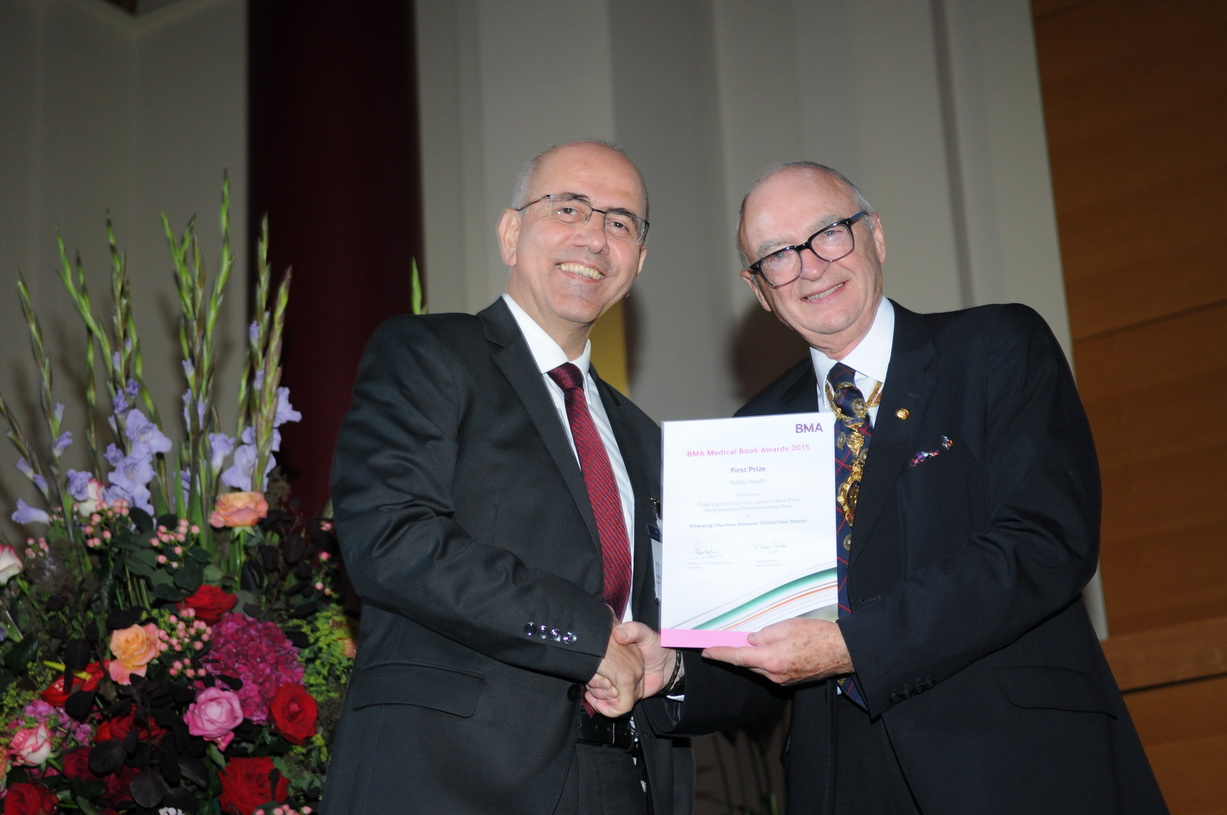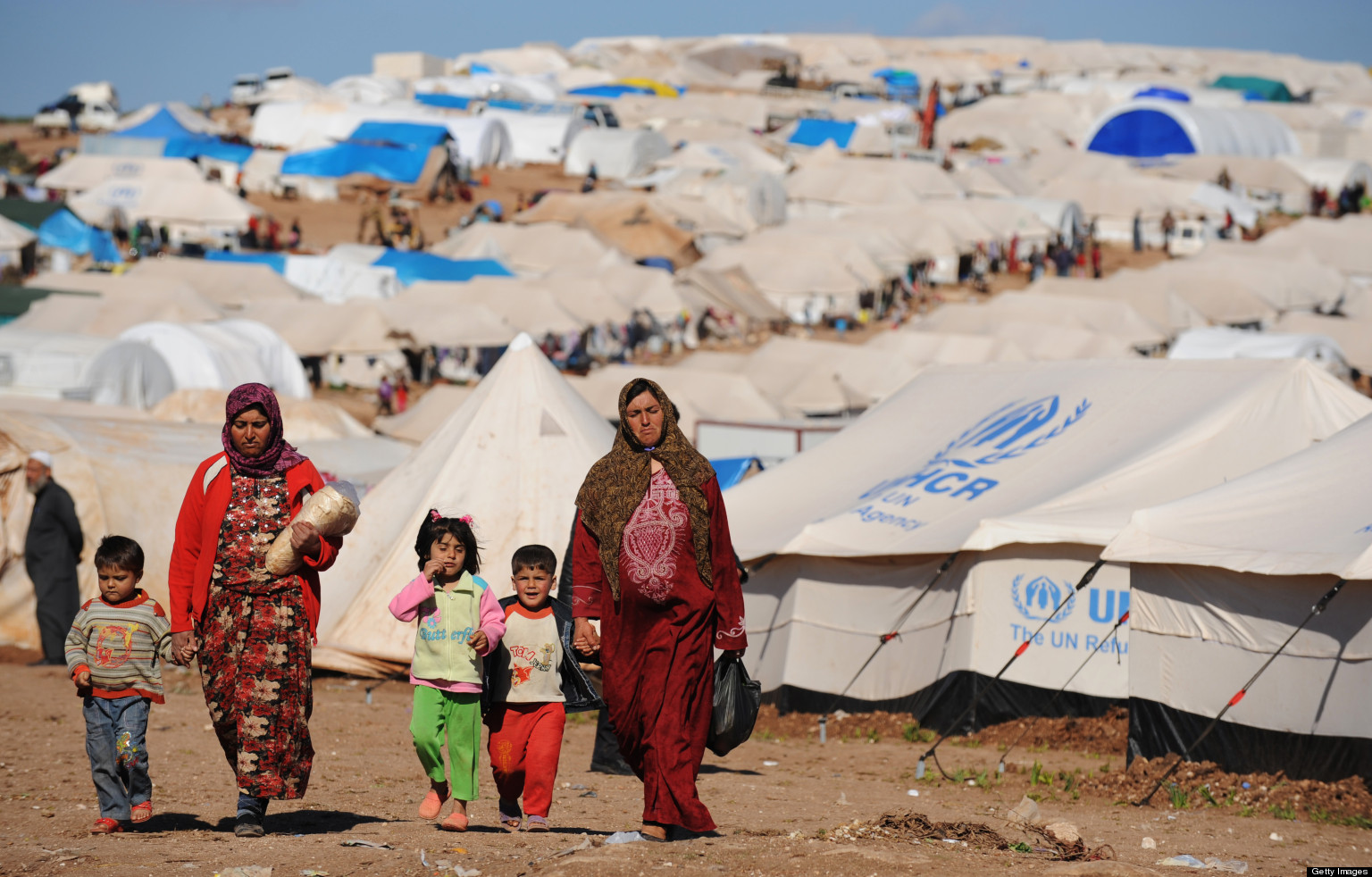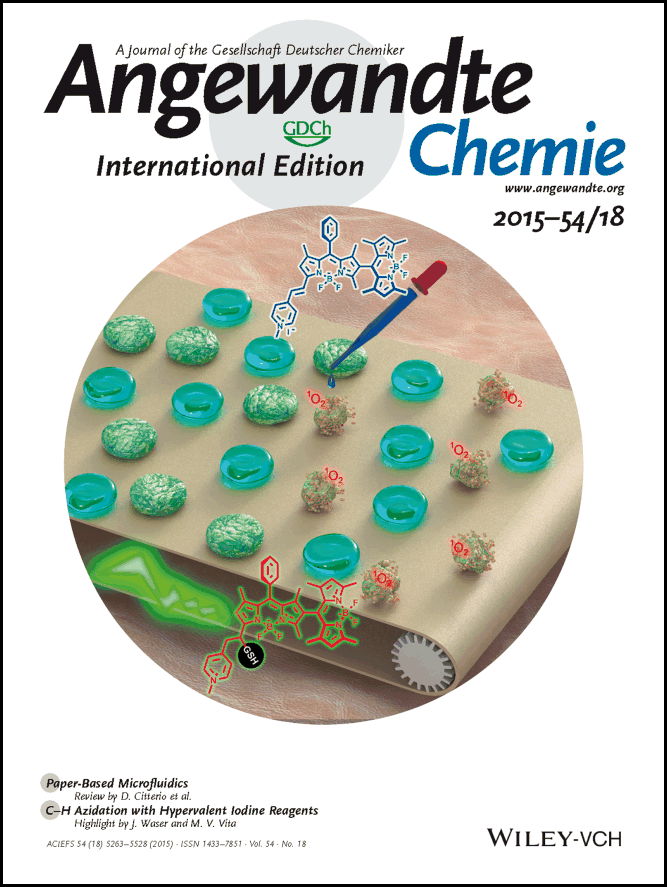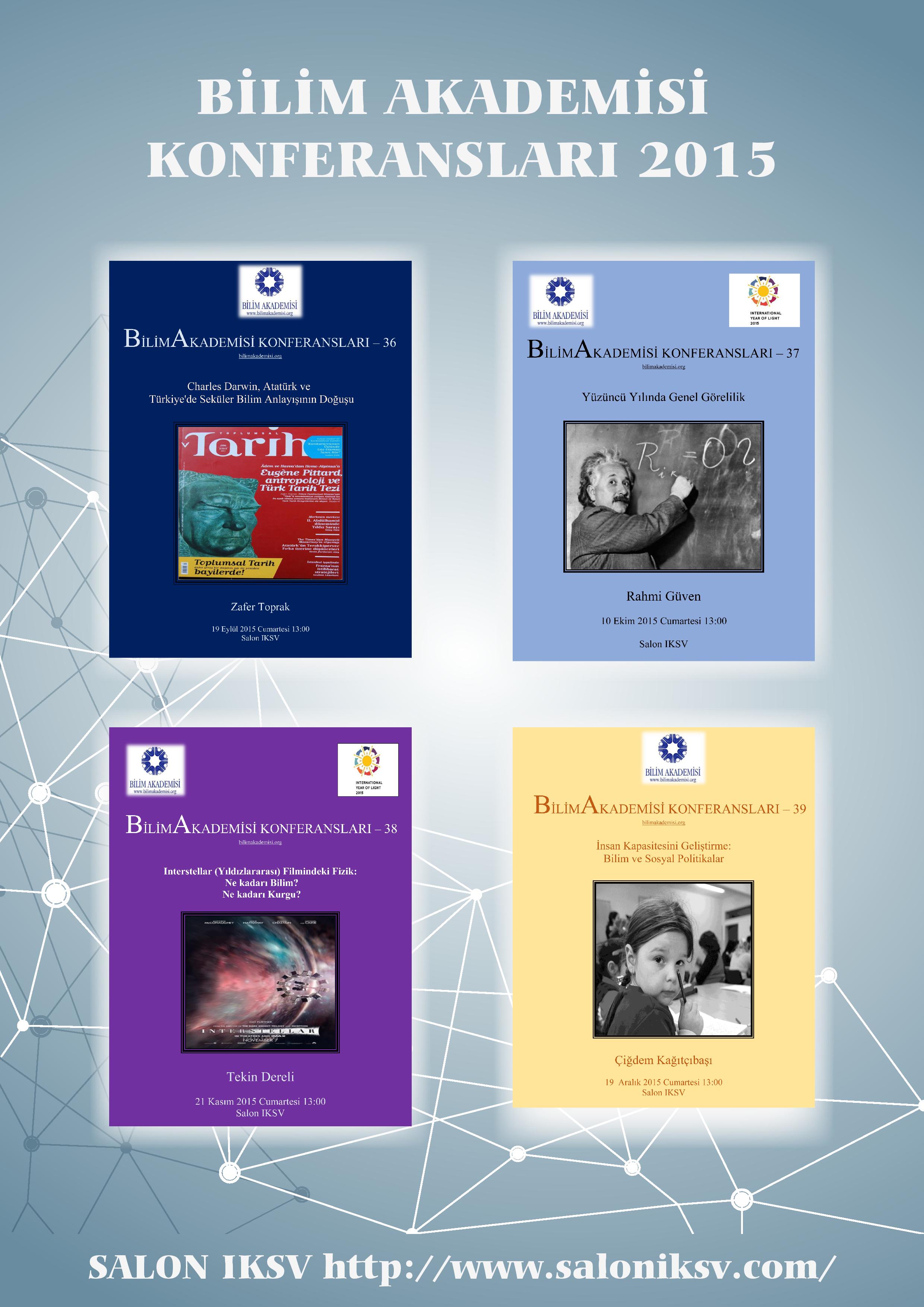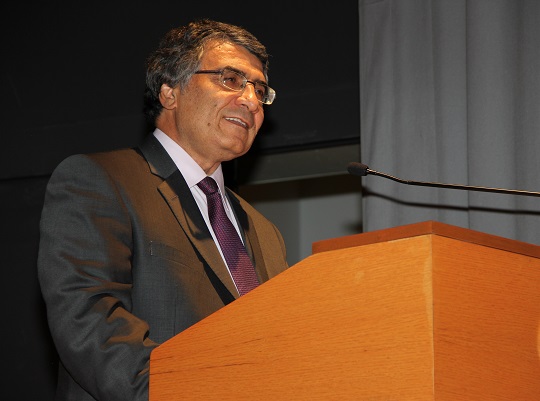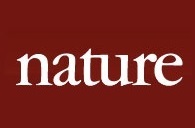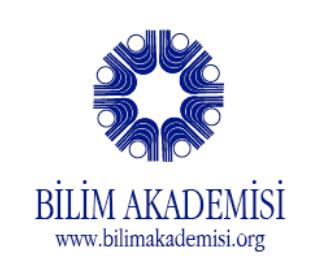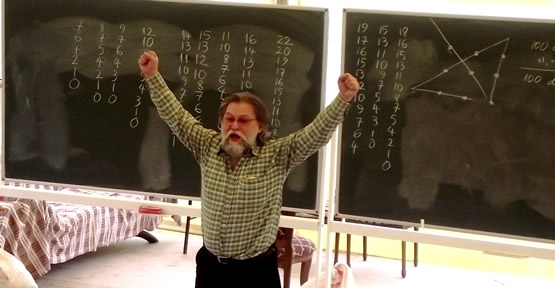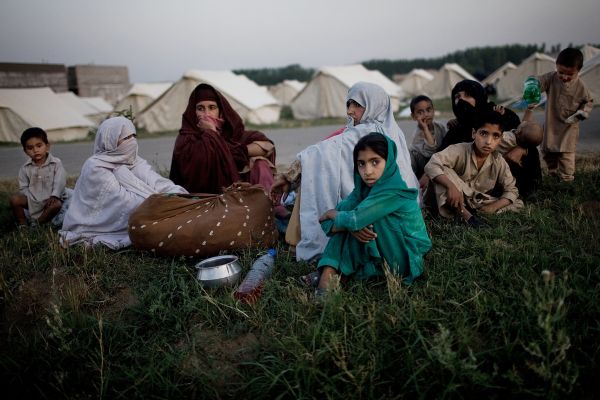The following excerpts are from the report on vaccination by the Science Academy Working Group:
“In recent years, it has been observed that various groups criticize vaccination, the most effective method devised by science to protect against infectious disease, based on deficient and erroneous information, and suggest that humans, especially children should not be vaccinated.
“Today, the medical community shares the consensus that vaccination is the most efficient, economical and practical protection method against infectious diseases. It was only through vaccination that illnesses which had killed or maimed millions in previous centuries were wiped off the face of the Earth. That is why there is currently intense work on developing vaccination against diseases such as malaria, AIDS and ebola. It is also known that 2.5 million children across the world lose their lives every year due to diseases which could have been prevented with a simple vaccine. It must also be indicated that certain diseases easily prevented by vaccination are far from being innocuous, mild and “natural” (!). Measles may lead to complications such as otitis media, pneumonia, meningitis, encephalitis and even death; while mumps may result in infertility and pancreatitis, rubella in hereditary heart disease, deafness and cataract, and hepatitis in chronic pulmonary disease, cirrhosis and liver cancer. 10% of people who contract Hepatitis B become carriers, among whom the risk of liver cancer is around 200 times higher than among those who are not. As such, the Hepatitis B virus is considered to be the second biggest carcinogen after smoking. On the other hand, there are no effective therapies for the diseases caused by viruses once they start to progress. Furthermore all studies have shown that the immunization created by vaccination is no different than the immunization resulting from naturally contracted disease. The social and economic losses caused by diseases and complications must also be taken into account.
“Turkey, during the republican era, had successfully fought against many infectious diseases. Public health campaigns against tuberculosis, trachoma, malaria, syphilis and polio had helped bring these down to controllable levels among the populace. Likewise, vaccination programs which started with children to later expand to other age groups had led to immense progress in disease prevention. However, Turkey today is increasingly under threat of infections, like other nations. Infectious diseases can trigger contagion, since, on the one hand, there is widespread prejudice against vaccination due to deficient and erroneous information and on the other, there is a large population of unvaccinated immigrant individuals. In fact, the number of measles cases has once again risen from single digits to the thousands, and polio cases have reappeared although being once totally eradicated through efficient vaccination -examples which necessitate urgent measures.
“To sum up:
- Vaccines are the most efficient and economic method with the least side effects devised by modern medicine to protect human health and prevent infections.
- Vaccination has been very effective in bringing under control diseases such as smallpox, polio, measles, mumps, and rubella, which had wreaked havoc in human societies throughout the centuries.
- Omission of vaccination for various reasons leave children vulnerable to risks such as disease, complications and even mortality.
- Widespread vaccines have been tried on millions of individuals until now, their side effects have been brought down to negligible levels, and possible harmful effects of various additives have been eradicated.
- Today, the risk of contagions within and even among nations has risen immensely. Countries like Turkey which receive huge immigrant populations are particularly under threat.
- Starting a controversy about the beneficial effects of vaccination on public health due to unfounded doubts and unscientific claims leaves our population to risks including death.
- In Turkey, as in many countries, it is against the law to subject people and communities to the risk of disease and death.
“The Science Academy invites our citizens to take responsible action guided by scientific facts in order to protect individual and public health and to raise healthy generations, and public agencies to adapt swift and rational measures to counter the very real health hazard that we face today.”
